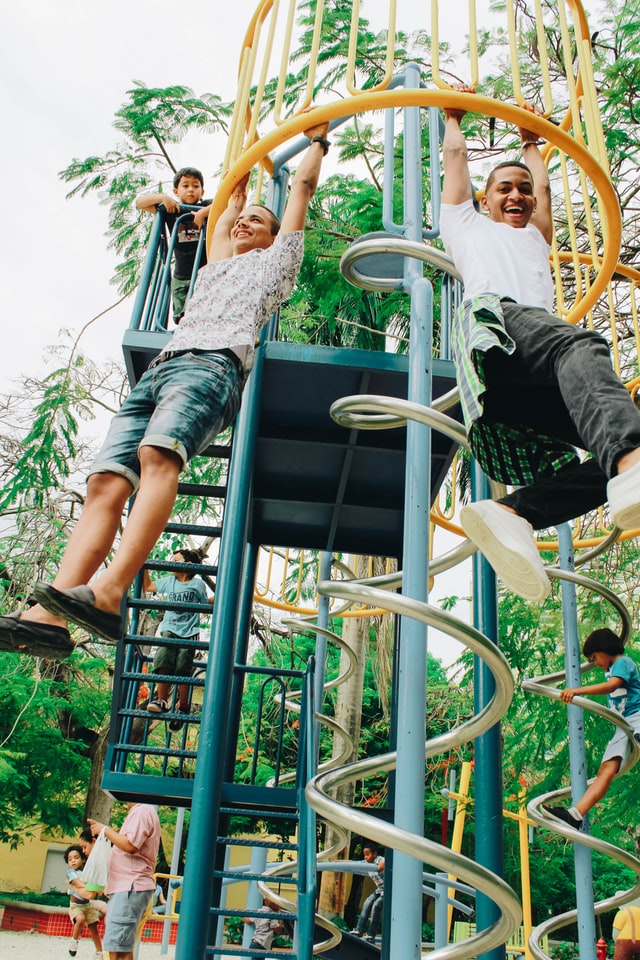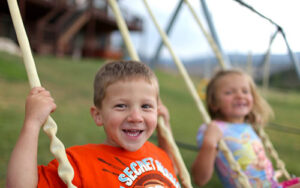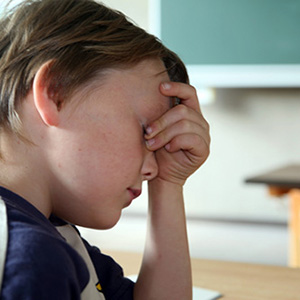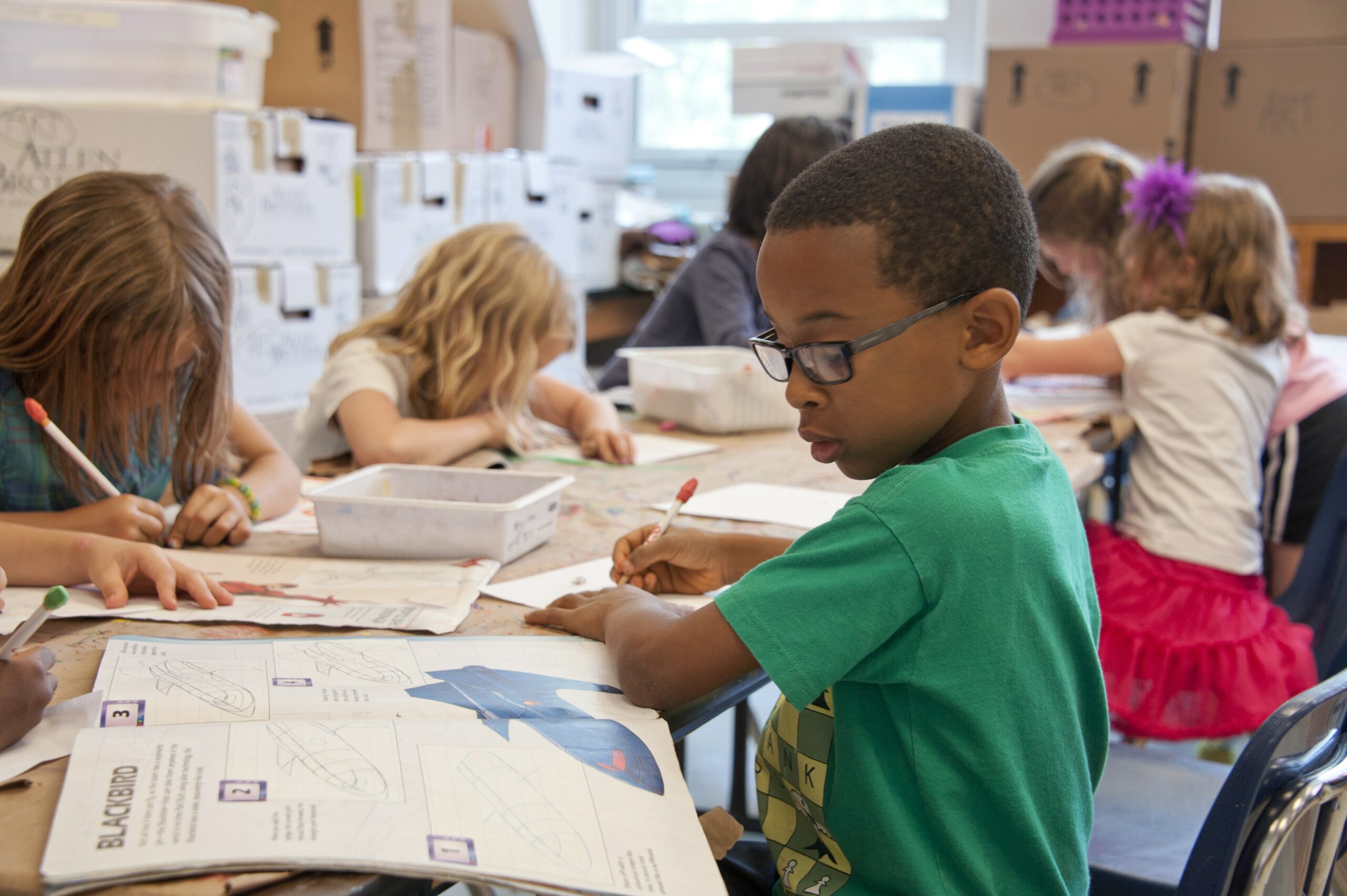
Using Mindfulness with Kids During Stressful Times
Stress tends to be higher during the holidays. More to do, plan, and get done before a deadline. Even if life is fun during the

Stress tends to be higher during the holidays. More to do, plan, and get done before a deadline. Even if life is fun during the

I was recently sitting and talking with a dear friend who has successfully beat cancer. As we talked she shared that she was beginning to

With the holidays comes family, fun, and gifts! There’s no better time of year to each a child (and adults) the importance of gratitude beyond

Parents, teachers, and others who are navigating the holiday season are not alone in feeling the stress of the holidays. Our kids are feeling it too. They sense, know, feel, see, and experience the stress around them. They might be feeling the pressures of the end of the school semester, or wondering if life is going to get more challenging throughout the holiday season as history has shown them, or wondering if there will be money enough for gifts for all. Here are 5 simple tips you can try to lesson their stress.




Join our community to get the latest tips, exclusive offers, and updates straight to your inbox. Don’t miss out—subscribe now and be the first to know!